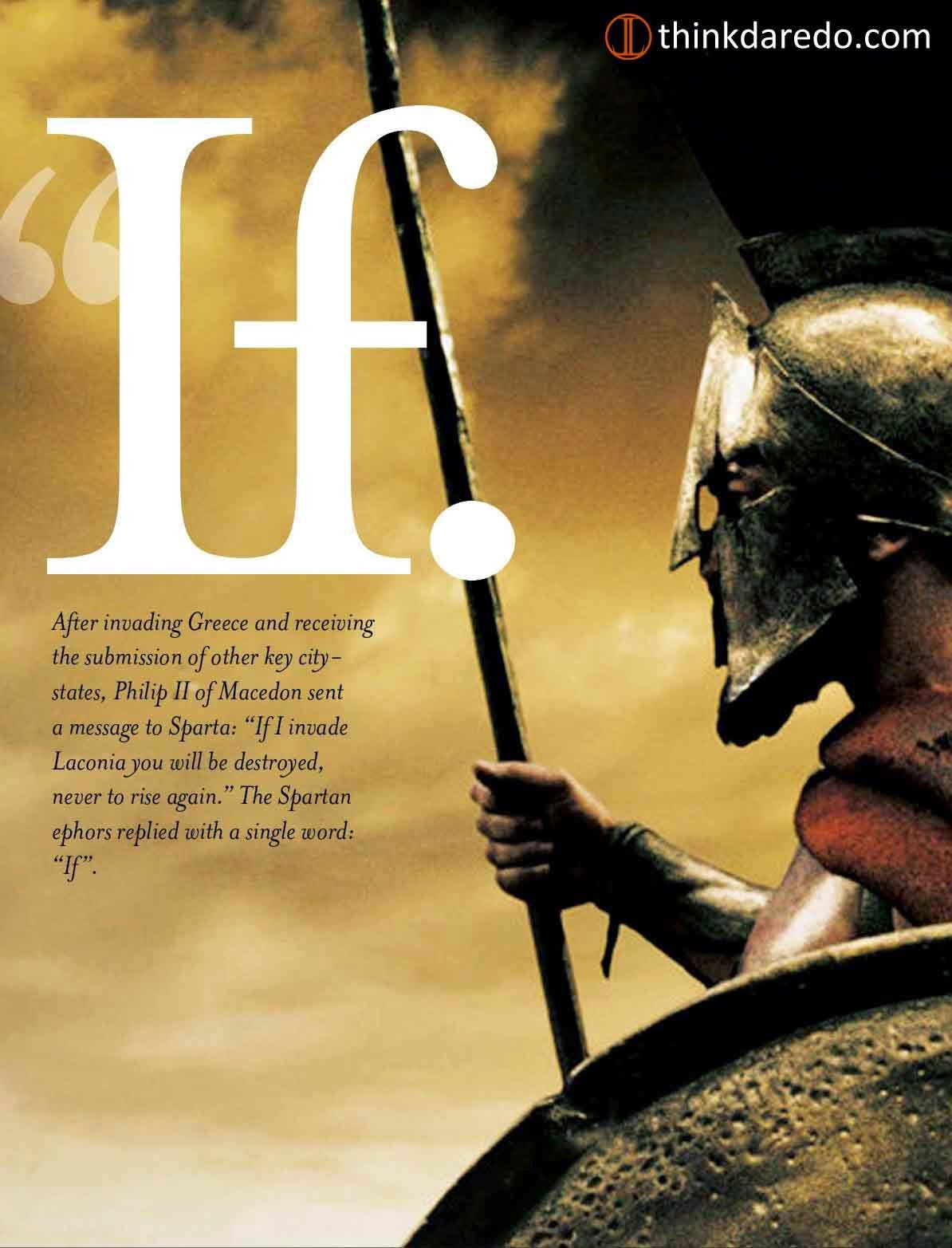Skarg
Legendary Pubber
- Joined
- May 26, 2018
- Messages
- 1,025
- Reaction score
- 2,153
Depends on the system and its focus. (What I meant was, in the situation supposedly represented in the game, when someone has a weapon that would, if the situation were real, have some chance of hitting and killing the PC.)With a single attack? With what kind of weapon?
I am pretty happy with TFT's version on this, where a strong hit with a large weapon could kill most people in one blow, a particularly heavy blow from even a shortsword will do enough to kill most people, and even a light weapon could kill most people in one blow, with a good double or triple damage blow BUT 1) those are rare 2) there's a whole maneuver game in the way, so minimizing the number of attacks you're exposed to in the first place, is a major part of play, and one of the main ways to survive, and that involves the entire situation in play.
I'm even happier with GURPS' version, which adds many more details that I love, more ways to defend oneself, and has rarer cases where someone can just attack and get triple damage on you, but also there are more ways to get killed or defeated, and in general things feel to me more like a real situation with more ways to interact with it that make sense to me.
D&D and similar combat systems tend to fail for me on this point because they have less of a maneuver/situation element (unless the GM brings one in through rulings), and the numbers are tuned so it's less possible to avoid getting hurt at all in a combat, and also more possible to just have a lot more hit points than your foes' weapons can do (which never spikes for triple damage), which is often what survival comes down to - a safety zone where you probably won't die, until it wears down, so then hopefully you retreat to safety and rest up.
Ok. I don't know Cold Iron.Cold Iron does qualify, though the thug may have a one in a million chance or less..
I didn't like Classic Traveller's combat system much. The wearing down of one attribute at a time doesn't make sense to me, and provides too many points compared to weapon damages, as you say. And yet it also has "simultaneous" attacks and tends to not involve maps (so little/no way to avoid getting hurt), so it has several aspects that I didn't like much. After brief playtesting, I quickly replaced them with TFT mechanics for maps/range/damage/to-hit, and attack sequence.In Classic Traveller, unless the thug is armed with a pretty bad ass weapon or the PC has almost no STR, DEX, and END, there's no chance of a single shot kill.
Now I'd use GURPS Traveller, which adds postures and gun fighting tactics, cover modifiers, etc etc.
That sounds pretty good.RuneQuest even with my alterations of the critical and impalement rules, at least if the PC isn't armored, the thug with a dagger can one shot kill, though for a PC with a high CON and SIZ, so HP is enough to give the head more than 6 points, he will need a crit. The character can even have a bit of head armor and still be vulnerable to a crit.
I don't have much interest in super hero games unless they're NOT trying to genre-emulate physics-defying abilities, or comic-book-type stories. I can be interested in occasional games or scenarios where you have some people who are extremely armed and/or capable vigilantes, or even people with supernatural powers, but only if the rest of the world, physics, lethality, etc, behaves in a relatively normal way. For example, I've enjoyed playing in a low-powered modern psionics campaign, where again, everything else was entirely realistic.What do you feel about super hero games?
I like Robocop and Kick Ass, for examples. Or Super with Rainn Wilson (which feels like it could be a low-powered GURPS Supers game to me).
I could enjoy playing something like those three, using GURPS. Mostly though I don't do super-hero games, because they don't make enough sense to me to be interesting, and I don't like many of the genre conventions.






 !
! ?
? . Sometimes it happens, and is always amusing.
. Sometimes it happens, and is always amusing.
 !
! !
!

 .
.